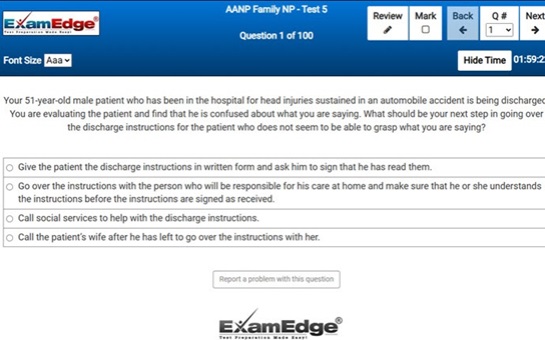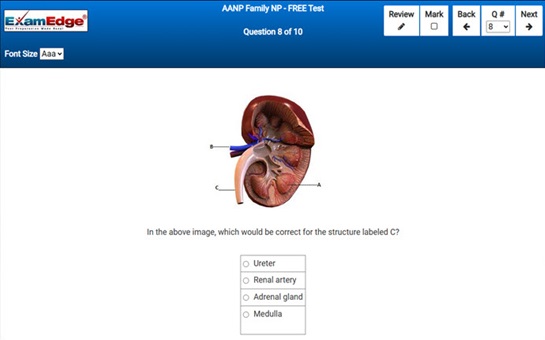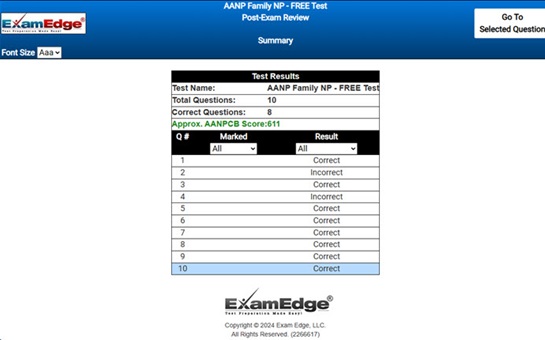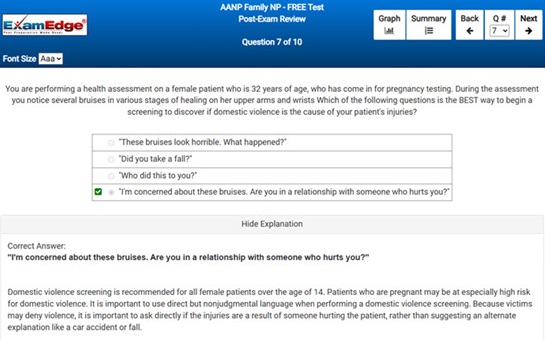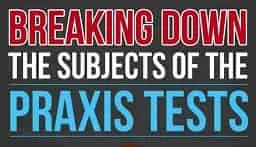|
Correct Answer: maintaining social order.
the correct answer to the question, "at which phase of moral development do people obey the rules out of a sense of duty?" is "maintaining social order." this phase is part of lawrence kohlberg's theory of moral development, which he articulated in a model comprising six distinct stages divided into three levels. kohlberg's theory extends from a framework initially proposed by jean piaget and is designed to explain how individuals evolve in their moral reasoning through life.
kohlberg's six stages of moral development are grouped into three levels: pre-conventional, conventional, and post-conventional. each level represents a fundamental shift in the social-moral perspective of the individual.
the answer to the question falls into the second level, the conventional level, particularly into its second stage, known as stage 4: "maintaining social order." this stage follows after stage 3, which focuses on "good interpersonal relationships," where moral decisions are largely based on pleasing others and maintaining good relationships.
in stage 4, the individual's moral reasoning is characterized by an orientation toward authority, fixed rules, and the maintenance of social order. it is at this stage that morality is predominantly seen through the lens of obeying laws and fulfilling one's duties and obligations in order to uphold the system and community structure. people act out of a sense of duty to ensure the functioning of society, which they perceive as more important than individual relationships. obedience to rules is deemed essential to maintaining societal structure and avoiding chaos.
this stage represents a shift from a personal to a societal perspective in moral reasoning. individuals understand that laws and rules are necessary for the welfare and functioning of a society. they believe in following these rules even if it means foregoing personal gains or desires. this adherence to rules out of a sense of duty is crucial for social order and stability, thus reflecting the core principle of stage 4 in kohlberg's model.
understanding this stage is crucial for comprehending how individuals transition from interpersonal conformity to a more system-oriented approach in their moral development. this insight into moral development stages can be particularly useful in educational settings, psychological counseling, and ethics discussions, helping to frame individual behaviors within a broader developmental context.
|




